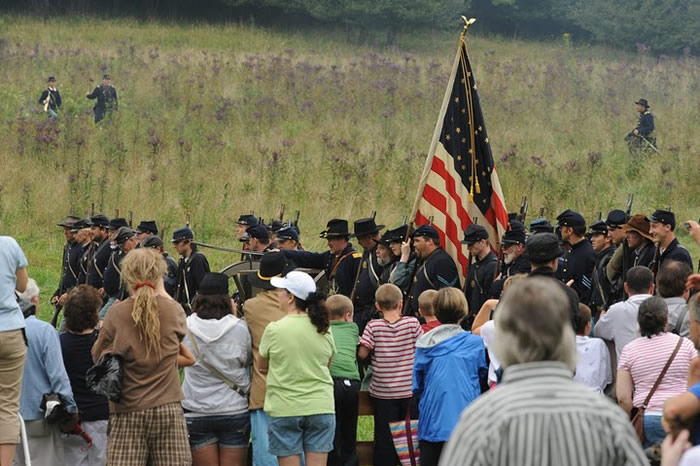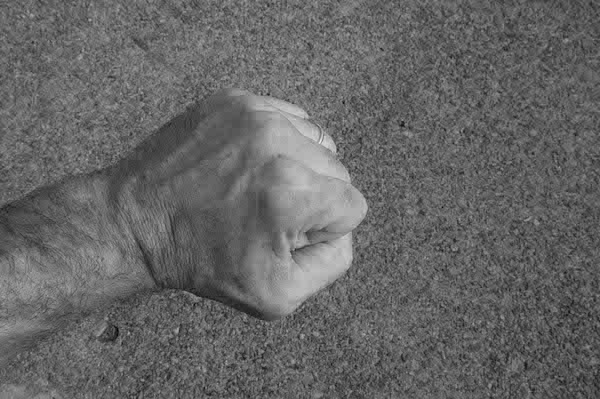There is a need to hear, tell, and share stories of conflict, violence and trauma but there is a weird history of becoming spectators in stories of conflict, even as we retell our own story or listen to the sharing of others. The Things They Cannot Say by Kevin Sites is a collections of stories that bring us as readers a step beyond spectators. Continue reading Sharing Stories of Conflict
Category Archives: The mind and conflict
How does our mind respond to conflict?
Aikido can be more than a Martial Art
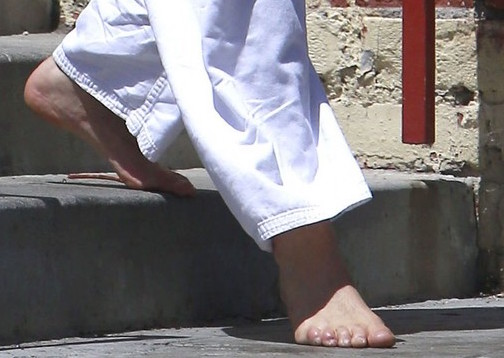
Why are you at practice today? Aikido can be a practice of a variety of skills; practice leading, supporting someone in crisis, reducing opposition and conflict, being less of a jerk, being more assertive, best intentions, adaptive response, non-verbal communication…. Aikido can be a practice of your personal goals if you can focus on your goal as a theme of practice. This brings the benefits of practice into relevance for the rest of daily life rather than needing to walk out the door into a fight on the street. Thanks to Joaquin Phoenix for wearing his dogi (uniform) on the street. Dude, that’s not okay… Continue reading Aikido can be more than a Martial Art
Don’t Get Pushed Around; Blending vs. Opposition
Paul Linden works with victims of trauma to develop resources that support post-traumatic growth. The main focus is on how to change the roles a person plays when comes to conflict. The attached video asks the question what do you do so that someone can’t push you? Continue reading Don’t Get Pushed Around; Blending vs. Opposition
O’sensei said “I completely envelop my opponent’s heart with the heart of love.”
Above quote from The Journey to the Heart of Aikido by Linda Holiday
[soundcloud url=”https://api.soundcloud.com/tracks/186624806#t=14:35″ params=”auto_play=false&hide_related=false&show_comments=true&show_user=true&show_reposts=false&visual=true” width=”100%” height=”450″ iframe=”true” /]Frager Sensei trained directly from O’sensei but didn’t realize until studying the Lathi staff (11:30) that Aikido must be practiced with strength of heart, not just strength of “hara” (core) Linda Holiday Sensei reminds us to get back to basics to get to the “Heart of Aikido” and Paul Linden talks about how approaching an aggressor with an open chest, arms, and heart makes for stronger, more balanced, and more effective technique. Continue reading O’sensei said “I completely envelop my opponent’s heart with the heart of love.”
Promoting Executive Function; Teaching What Aikido Teaches #1
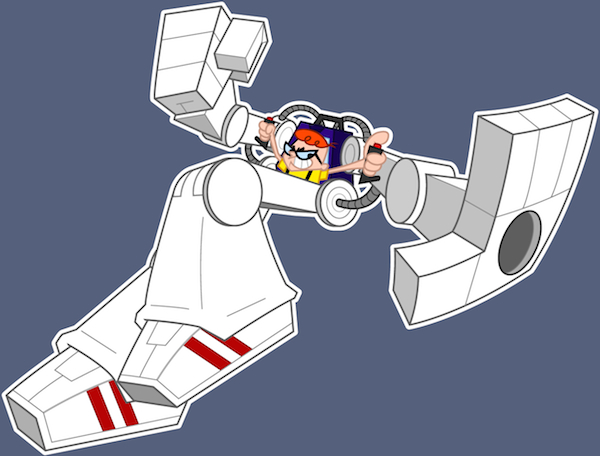
Aikido practice coordinates physical and cognitive resources toward a common goal. Research shows that exercise improves executive function which is crucial to complex reasoning, memory, and skill mastery. Aikido practice provides the additional resource of meaning, the source of motivation required to sustain action. Continue reading Promoting Executive Function; Teaching What Aikido Teaches #1
Dropping your opposition
How you use your body can facilitate or inhibit your goals. Blending in aikido or in personal interaction starts at the connection. If you look down and have a fist or a claw, you are holding onto opposition which certainly doesn’t support positive interaction or resolution. The following three elements are central to every aikido technique and are also movements that can profoundly change day to day experience. Continue reading Dropping your opposition
Death by narrative and the primal response
A cold shower is synonymous with suffering as if one has entered a apocalyptical path to darkness. This is an example of how narrative can equal automatic reactivity. Cold showers as are available to us in the 20th century are actually a healthy chance to build self-regulatory skills while giving us a nice push toward wakefulness.
Continue reading Death by narrative and the primal response
Initiating change, not opposition
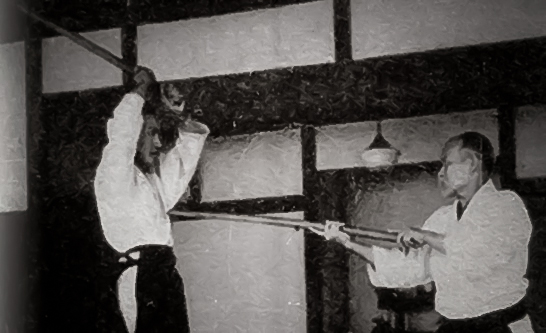
“Timing is Everything;” doesn’t tell you what timing is right but to seize an opportunity initiative is the key. In Aikido it is called Sen Sen no Sen; which refers to connecting to your partner before their thought of attack becomes action. Continue reading Initiating change, not opposition

